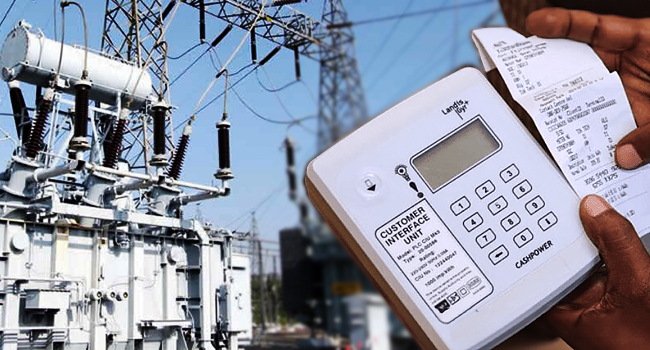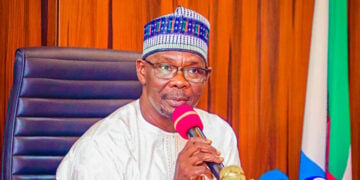Nigerian Society of Engineers (NSE) has expressed its reservations and concerns on the implementation process of the new electricity tariffs announced by the Nigerian Electricity Regulatory Commission (NERC).
The society, which called for caution at a media parley in Abuja, stressed the need for transparency and accountability in the implementation of the tariff hikes.
NSE president Margaret Aina Oguntala emphasised the importance of providing value-adding professional advice to stakeholders with engineering taking the lead, saying that the NSE aims to tackle critical issues affecting Nigeria’s development.
The media briefing with the theme: “Re-imagining the NSE for Enhanced Publicity and Governance Structure” was also in commemoration of Oguntala’s 100 days in office and the milestones achieved.
Controversies have continued to trail the federal government’s decision to remove subsidy on electricity tariff payable by power consumers in the Band A category, who the NERC said constitutes about 15 percent or 1.8 million of the total number of power users in the country.
The NERC announced the hike in the electricity bill at a press briefing in Abuja, adding that those affected would now pay a tariff of N225 per kilowatt-hour, up from the previous rate of N68/kWh, representing about a 240 per cent increase. The government declared that the decision took effect from Wednesday last week.
Oguntala said the decision to restructure was both necessary and inevitable, but cautioned that the true challenge lies in its implementation.
She said the regulatory commission must explain what happens when there are repairs on transmission and distribution lines and its plans to stop energy theft.
The NSE boss said, “The position of the NSE is all about the customer and that is ensuring accountability and transparency in the whole process. On the tariff, I think it became necessary to restructure somehow but there are questions on what should be the actual format.
“We now have industries, commercial centres, then we have the residential area. But you agree with me that in most settlements, you have industries interspersed in commercial centres and residential areas. In a sane society, they are supposed to be separated so the electricity agency is able to appropriate prices to each segment accordingly.
“Normally the residential consumer’s consumption pattern is somewhat inelastic. But the industry is where the issue is, most of them run three shifts, and they expand at will.
This is where the impact of the real consumption of power is. And this is where the premium price should be served. The revenue obtained from the industries should then be used to subsidise the cost of low-band residential areas.
“The position of the NSE is that, inasmuch as this has become inevitable, everything about our power usage and billing has to be transparent. There should be accountability. The customers must be protected. Issues like when somebody is on Band A and someone is getting less than what should be appropriated. There should be immediate actions. No getting around any kind of crime, no short-changing any customer. There should be a way in which DisCos are properly sanctioned. And then what happens during the downtime? When there are repairs, what happens? So that’s another framework that also has to be looked into seriously before,” she said.
According to the president, establishing a framework for immediate sanctions for defaults would guarantee value for money.
We’ve got the edge. Get real-time reports, breaking scoops, and exclusive angles delivered straight to your phone. Don’t settle for stale news. Join LEADERSHIP NEWS on WhatsApp for 24/7 updates →
Join Our WhatsApp Channel










